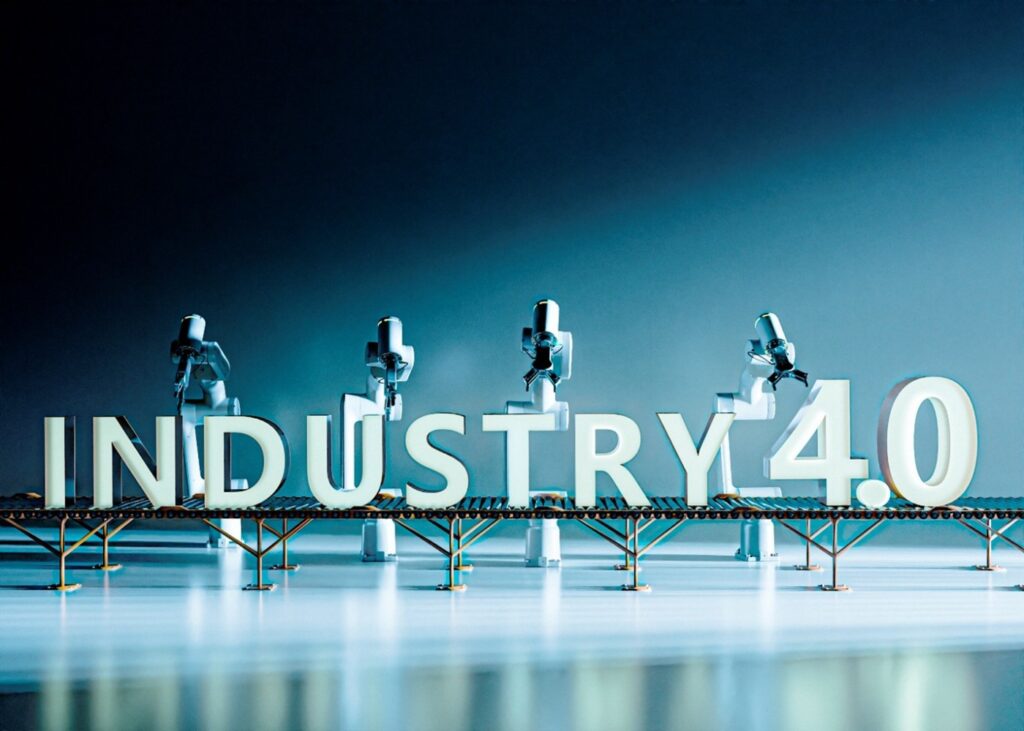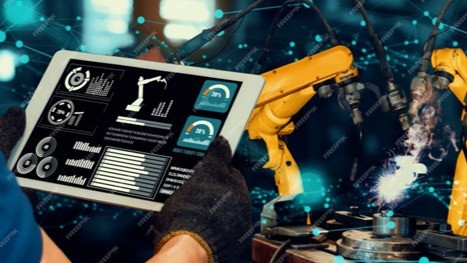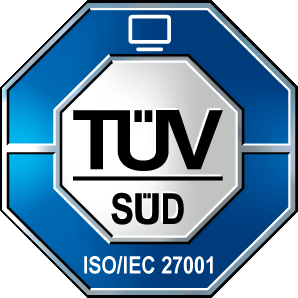Introduction
The manufacturing sector is undergoing a revolution to the next level. Artificial Intelligence (AI) is no longer just a futuristic concept; it’s a game-changer in production, logistics, and quality control as like other domains. Smart factories, powered by AI, leverage automation, real-time data analytics, and predictive algorithms to optimize operations, reduce waste, and enhance productivity.
Key Concepts and Technologies
- Predictive Maintenance: AI systems monitor and analyze machine data to predict failures before they happen, reducing downtime and maintenance costs.
- Computer Vision: Used for quality control, AI-enabled vision systems detect defects in products with unparalleled accuracy. Also the AI-powered cameras can identify unsafe behaviors (e.g., workers not wearing safety gear, unauthorized access to hazardous zones) and alert supervisors immediately.
- Robotic Process Automation (RPA): Robots powered by AI manage repetitive tasks such as assembly, packing, and sorting, enhancing efficiency, which will increase productivity.
- Supply Chain Optimization: AI predicts demand, monitors logistics, and ensures timely delivery of raw materials, minimizing delays. For predict demand, AI monitors real-time consumer trends from sources like social media, e-commerce platforms, and customer feedback.
- Digital Twins: AI helps create virtual replicas of manufacturing systems to simulate processes, optimize workflows, and test scenarios without disrupting operations.
- Energy Efficiency: AI optimizes energy usage in factories by monitoring consumption patterns and suggesting changes to save costs and reduce carbon footprints. It will reduce the cost and save the environment.

Applications in Today’s Manufacturing
- Automotive Industry: AI assists in the production of electric vehicles and autonomous cars, ensuring precision in assembly and safety testing.
- Electronics Manufacturing: Smart factories enable rapid prototyping and production of high-tech devices.
- Pharmaceuticals: AI-powered factories ensure strict compliance with standards, monitor processes, and scale production during emergencies (e.g., vaccine manufacturing).
- Consumer Goods: AI predicts consumer preferences, aiding in mass customization of products.
Conclusion
The integration of AI into manufacturing is not just a trend but a necessity in an increasingly competitive global market. Smart factories are setting new benchmarks for productivity, innovation, and sustainability. By embracing AI, manufacturers are not only reducing costs but also reshaping the future of production.
In this era of Industry 4.0, companies that invest in AI-driven solutions will lead the charge toward a smarter, more connected, and more efficient manufacturing ecosystem.









